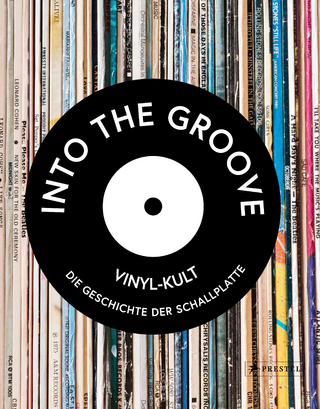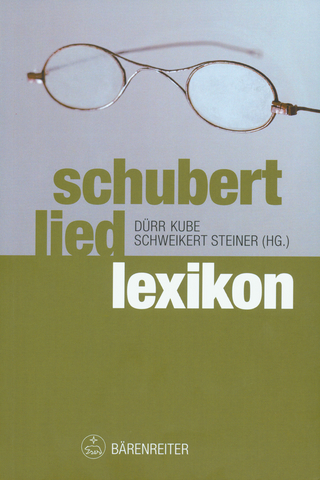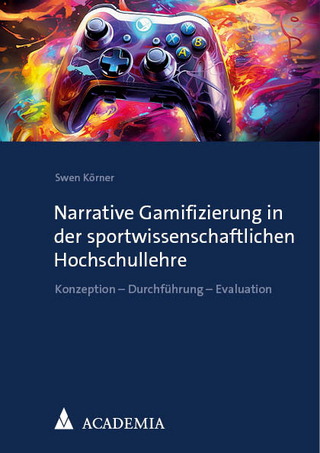
Half Sound, Half Philosophy
Bloomsbury Academic USA (Verlag)
978-1-5013-3348-4 (ISBN)
Jing Wang is Associate Professor in the College of Media and International Culture at Zhejiang University, China. She is an art anthropologist, sound studies scholar, sound event curator. She completed her PhD in the school of Interdisciplinary arts at Ohio University. She was a visiting professor at MIT anthropology (2019-2020). Artistically, Jing (Adel) works with field-recordings and installation-based performance. In January 2015, she founded The Sound Lab at College of Media and International Culture at Zhejiang University.
Acknowledgements
List of Illustrations
Introduction
1. Sound, Resonance, the Philosophy of Qi
Ancient Chinese Acoustics
The Philosophy of Qi
Sound Explained Through Qi-Philosophy
Conclusion
2. A Brief History of Sound in China’s Contemporary Art
Conditions and Precursors
New Media Art After 2000
Sound Art after 2000
3. A Brief History of Electronic and Experimental Music in China
The Electronic Instrument Builders
Academic Electronic Music: Inauguration
Non-Academic Electronic and Experimental Music
Conclusion
4. Shanshui-Thought in Experimental Music Practice
Shanshui-Thought: An Overview
Shanshui: The Existential and the Epistemological
Making Shanshui-Thought Audible: Two Aesthetic Qualities
Conclusion
5. In Praise of Strange Sounds of the Shamanistic
The Minor Tradition in Ancient Chinese Culture: Shamanism and Chimei Wangliang
Acoustic Cultural Heritage and Nationalism
Huanghu and Its Two Aesthetic Operations of Resonance and Withdrawal
Conclusion
6. Ubiquitous Control: From Cosmic Bell, Loudspeakers to Immanent Humming
Zhang Peili and Anti-monumentality of Sound
Zhang Ding and the Military-entertainment-art Complex
Liu Chuang and the (Im)Possibility of Not Being Governed
Conclusion: Qi-Thinking, or Cybernetics: A way of Going On
Glossary of Terms
Bibliography
Index
| Erscheinungsdatum | 25.02.2021 |
|---|---|
| Verlagsort | New York |
| Sprache | englisch |
| Maße | 152 x 229 mm |
| Gewicht | 481 g |
| Themenwelt | Kunst / Musik / Theater ► Musik ► Allgemeines / Lexika |
| Kunst / Musik / Theater ► Musik ► Pop / Rock | |
| Sozialwissenschaften ► Ethnologie | |
| Sozialwissenschaften ► Soziologie | |
| ISBN-10 | 1-5013-3348-8 / 1501333488 |
| ISBN-13 | 978-1-5013-3348-4 / 9781501333484 |
| Zustand | Neuware |
| Haben Sie eine Frage zum Produkt? |
aus dem Bereich


